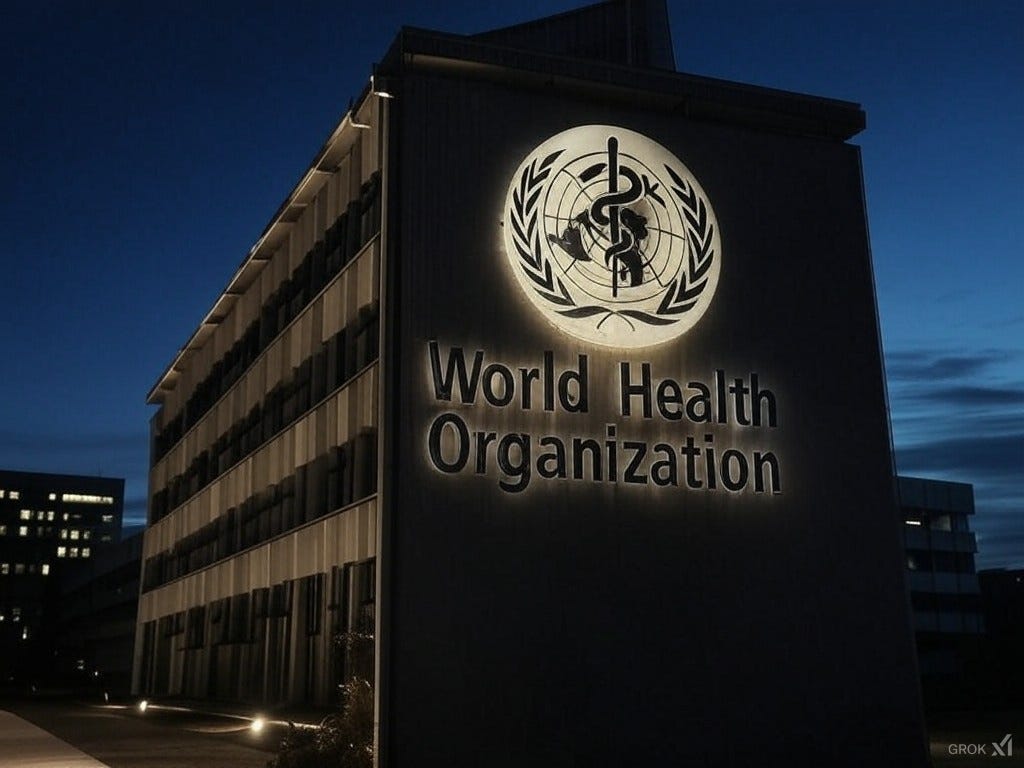Implications of the U.S. withdrawing from the WHO
A former WHO medical officer speaks about the implications of Trump’s decision to withdraw, and whether other nations, such as Australia, should follow.
When it comes to his views on the World Health Organization (WHO), President Donald Trump doesn’t mince his words.
“The WHO is nothing but a corrupt globalist scam, paid for by the United States but owned and controlled by China,” he stated.
On 20 January 2025, Trump signed an executive order to withdraw the US from the WHO, revisiting a decision he first initiated in 2020 during his earlier presidency, which was later reversed by President Biden in 2021.
Trump’s criticisms focus on the WHO’s handling of Covid-19, accusing the organisation of failing to hold China accountable for its lack of transparency during the pandemic and not doing enough to investigate the virus’s origins.
The US has been the WHO’s largest donor, contributing approximately $1.284 billion for the 2022–2023 biennium through assessed contributions and voluntary funding.
Critics warn that the withdrawal could disrupt vital WHO-led initiatives such as polio eradication and pandemic preparedness, while also ceding greater influence to China within the organisation, potentially altering the dynamics of global health governance.
Supporters argue that US funds could be better directed towards domestic health priorities or bilateral agreements.
Amidst this contentious backdrop, few voices are as qualified to comment as Dr David Bell, a former scientific and medical officer with the WHO. Dr Bell spent eight years in the Philippines and Switzerland working on infectious diseases, with a particular focus on malaria diagnostics.
I spoke with Dr Bell to gain deeper insight into the challenges facing the WHO and the potential consequences of the US withdrawal. During our conversation, he shared his expert perspective on the organisation, its structural challenges, and the implications of Trump’s decision.
We delved into these critical issues and explored what the future holds for international health collaborations, including what it might mean for other nations, such as Australia, if they were to follow the US decision to withdraw.




